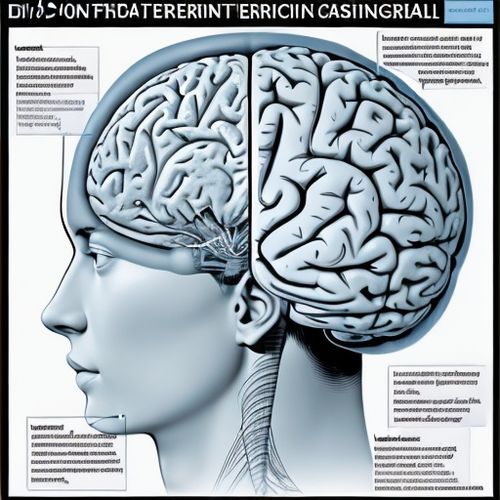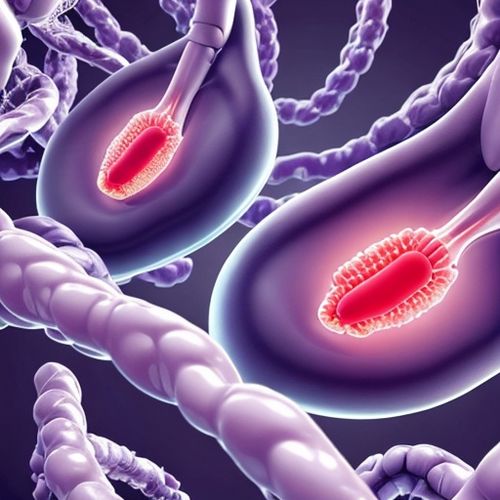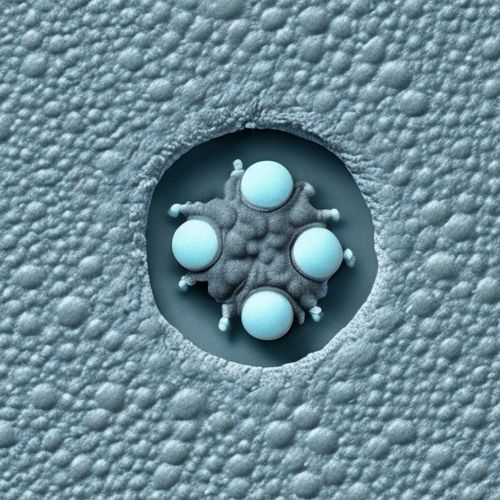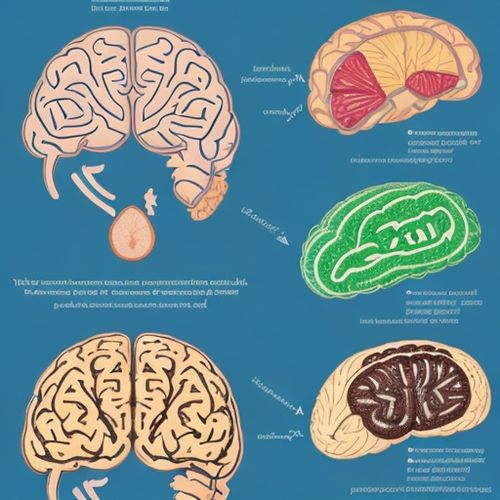High cholesterol levels, particularly low-density lipoprotein (LDL) cholesterol, are a major risk factor for cardiovascular diseases, which are among the leading causes of death worldwide. Traditional treatments, such as statins and monoclonal antibodies targeting the PCSK9 protein, have been effective but often require lifelong adherence and frequent dosing. However, recent advancements in gene editing therapy, specifically using CRISPR-based technologies, have shown remarkable potential for a one-time, durable reduction in cholesterol levels. This breakthrough could revolutionize the management of hypercholesterolemia and significantly reduce the risk of heart disease.
The Role of PCSK9 in Cholesterol Regulation
The PCSK9 protein plays a crucial role in regulating cholesterol levels in the body. It is responsible for breaking down LDL receptors in the liver, which are essential for clearing “bad” cholesterol from the bloodstream. By targeting the PCSK9 gene, researchers aim to reduce its activity, thereby increasing the availability of LDL receptors and lowering cholesterol levels. This approach has been validated through various studies, including the recent development of a potent epigenetic editor targeting human PCSK9.
Epigenetic Editing: A Safe and Effective Approach
Traditional gene editing methods, such as CRISPR-Cas9, involve making permanent changes to the DNA sequence, which raises safety concerns about unintended genetic modifications. In contrast, epigenetic editing modifies gene expression without altering the DNA sequence. This method involves adding methyl groups to specific regions of the gene, effectively silencing it. A recent study published in *Nature Medicine* demonstrated the potential of an epigenetic editor targeting PCSK9 (PCSK9-EE) to achieve a durable reduction in cholesterol levels.
Experimental Findings
In preclinical studies, the PCSK9-EE system was tested in human liver cells, transgenic mice, and non-human primates. The results were highly promising:
- In human liver cells, PCSK9-EE achieved significant and long-lasting suppression of PCSK9 expression.
- In transgenic mice, a single treatment with PCSK9-EE led to a greater than 98% reduction in circulating PCSK9 levels and a substantial decrease in LDL cholesterol, which persisted for over a year. Importantly, the gene-silencing effect remained stable even after liver regeneration.
- In non-human primates, PCSK9 levels dropped by nearly 90%, with a corresponding LDL cholesterol reduction of approximately 70%. This reduction is comparable to that achieved by existing cholesterol-lowering drugs but with the advantage of a single-dose administration.
Clinical Trials and Safety Considerations
The success of preclinical studies has paved the way for early-stage clinical trials. Verve Therapeutics, a biotech company, recently reported initial data from its Phase 1 study of Verve-102, an investigational gene-editing therapy targeting PCSK9. The trial involved 14 participants with high cholesterol or early-onset heart disease. A single infusion of Verve-102 led to significant reductions in LDL cholesterol, with the highest dose achieving an average 53% reduction. Importantly, the treatment did not induce serious side effects.
Safety remains a critical concern in gene editing therapies. The PCSK9-EE system demonstrated high specificity, with only transient liver enzyme elevations observed in non-human primates. These elevations returned to normal within days, indicating minimal liver toxicity. Additionally, the reversibility of the epigenetic modifications provides an added layer of safety, as the treatment effects can be undone if necessary.
Future Directions and Challenges
While the results of gene editing therapies for cholesterol reduction are highly encouraging, several challenges remain. One key issue is ensuring the long-term stability and safety of the treatment in humans. Variability in response among individuals, as observed in non-human primates, suggests that further optimization of delivery methods and dosing regimens may be needed. Additionally, large-scale clinical trials will be necessary to fully assess the efficacy and safety of these therapies in diverse populations.
Gene editing therapies, particularly those targeting the PCSK9 gene, represent a groundbreaking approach to managing high cholesterol levels. The ability to achieve durable reductions in LDL cholesterol with a single treatment could significantly improve the lives of millions of people at risk of cardiovascular disease. Epigenetic editing offers a safe and effective alternative to traditional gene editing methods, minimizing the risk of unintended genetic modifications. As research continues to advance, the development of these therapies holds great promise for transforming the landscape of cholesterol management and cardiovascular disease prevention.

By Lily Simpson/Apr 23, 2025

By Lily Simpson/Apr 23, 2025

By George Bailey/Apr 23, 2025

By Ryan Martin/Apr 23, 2025

By David Anderson/Apr 23, 2025

By Victoria Gonzalez/Apr 23, 2025

By Benjamin Evans/Apr 23, 2025

By Christopher Harris/Apr 23, 2025

By Olivia Reed/Apr 23, 2025

By Emma Thompson/Apr 23, 2025

By John Smith/Apr 23, 2025

By Emily Johnson/Apr 22, 2025

By Samuel Cooper/Apr 22, 2025

By Olivia Reed/Apr 22, 2025

By Sophia Lewis/Apr 22, 2025